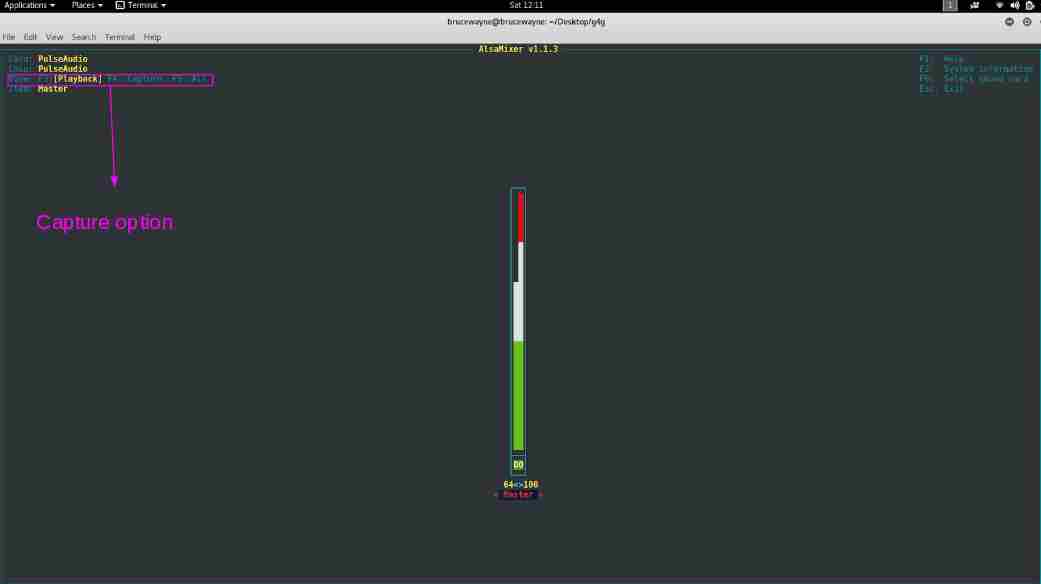在处理数据时,遇到时间序列数据非常常见。熊猫是处理时间序列数据时非常有用的工具。
null
Pandas提供了一套不同的工具,我们可以使用这些工具对日期时间数据执行所有必要的任务。让我们试着用下面讨论的例子来理解。
代码#1: 创建日期数据框
Python3
import pandas as pd # Create dates dataframe with frequency data = pd.date_range( '1/1/2011' , periods = 10 , freq = 'H' ) data |
输出:
![图片[1]-Python |使用熊猫处理日期和时间-yiteyi-C++库](https://www.yiteyi.com/wp-content/uploads/geeks/geeks_data_dataframe1.jpg)
代码#2: 创建日期范围并显示基本特征
Python3
# Create date and time with dataframe data = pd.date_range( '1/1/2011' , periods = 10 , freq = 'H' ) x = datetime.now() x.month, x.year |
输出:
(9, 2018)
约会时间 功能可分为两类。第一次是某个时期的某个时刻,第二次是某个时期以来的某个时刻。这些特征对于理解数据中的模式非常有用。
将给定日期划分为多个要素——
熊猫。系列dt。年 返回日期时间的年份。 熊猫。系列dt。月 返回日期时间的月份。 熊猫。系列dt。白天 返回日期时间的日期。 熊猫。系列dt。小时 返回日期时间的小时数。 熊猫。系列dt。分钟 返回日期时间的分钟数。 全部转介 约会时间 来自 在这里 .
代码#3: 将日期和时间分解为不同的功能
Python3
# Create date and time with dataframe rng = pd.DataFrame() rng[ 'date' ] = pd.date_range( '1/1/2011' , periods = 72 , freq = 'H' ) # Print the dates in dd-mm-yy format rng[: 5 ] # Create features for year, month, day, hour, and minute rng[ 'year' ] = rng[ 'date' ].dt.year rng[ 'month' ] = rng[ 'date' ].dt.month rng[ 'day' ] = rng[ 'date' ].dt.day rng[ 'hour' ] = rng[ 'date' ].dt.hour rng[ 'minute' ] = rng[ 'date' ].dt.minute # Print the dates divided into features rng.head( 3 ) |
输出:
![图片[2]-Python |使用熊猫处理日期和时间-yiteyi-C++库](https://www.yiteyi.com/wp-content/uploads/geeks/geeks_Untitled-125.png)
代码#4: 要获取当前时间,请使用时间戳。now()然后将时间戳转换为日期时间,并直接访问年、月或日。
Python3
# Input present datetime using Timestamp t = pandas.tslib.Timestamp.now() t |
Timestamp('2018-09-18 17:18:49.101496')
Python3
# Convert timestamp to datetime t.to_datetime() |
datetime.datetime(2018, 9, 18, 17, 18, 49, 101496)
Python3
# Directly access and print the features t.year t.month t.day t.hour t.minute t.second |
20188251553
让我们在真实的数据集uforeports上分析这个问题。
Python3
import pandas as pd # read csv file df = pd.read_csv(url) df.head() |
输出:
![图片[3]-Python |使用熊猫处理日期和时间-yiteyi-C++库](https://www.yiteyi.com/wp-content/uploads/geeks/geeks_Untitled-129.png)
Python3
# Convert the Time column to datetime format df[ 'Time' ] = pd.to_datetime(df.Time) df.head() |
![图片[4]-Python |使用熊猫处理日期和时间-yiteyi-C++库](https://www.yiteyi.com/wp-content/uploads/geeks/geeks_Untitled-130.png)
Python3
# shows the type of each column data df.dtypes |
City objectColors Reported objectShape Reported objectState objectTime datetime64[ns]dtype: object
Python3
# Get hour detail from time data df.Time.dt.hour.head() |
0 221 202 143 134 19Name: Time, dtype: int64
Python3
# Get name of each date df.Time.dt.weekday_name.head() |
0 Sunday1 Monday2 Sunday3 Monday4 TuesdayName: Time, dtype: object
Python3
# Get ordinal day of the year df.Time.dt.dayofyear.head() |
0 1521 1812 463 1524 108Name: Time, dtype: int64
© 版权声明
文章版权归作者所有,未经允许请勿转载。
THE END


![关于”PostgreSQL错误:关系[表]不存在“问题的原因和解决方案-yiteyi-C++库](https://www.yiteyi.com/wp-content/themes/zibll/img/thumbnail.svg)





